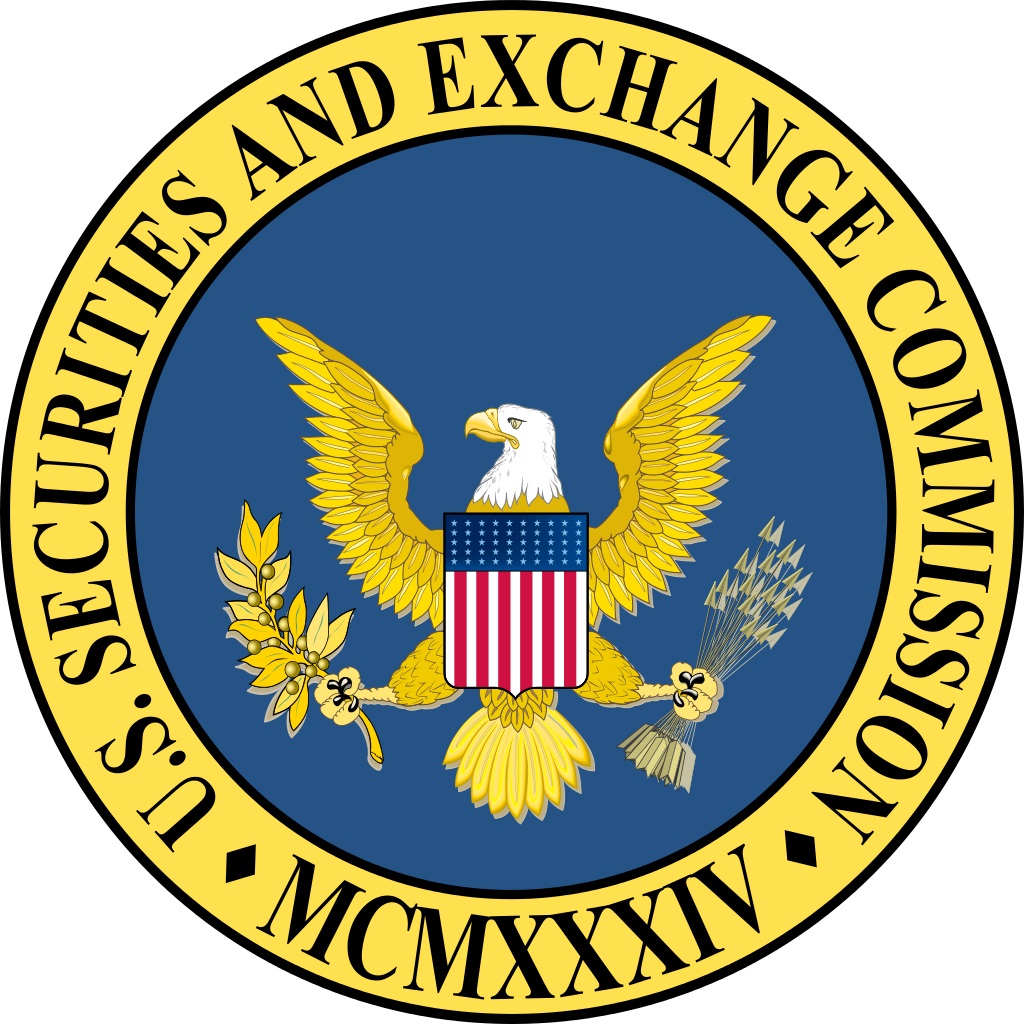Investing
SEC Charges 3 Chicago Traders for Spoofing and Order Mismarking

Published:
Last Updated:

The U.S. Securities and Exchange Commission (SEC) reported fraud charges against three Chicago-based traders accused of circumventing market structure rules in a pair of options trading schemes.
The SEC Enforcement Division alleges that twin brothers Behruz and Shahryar Afshar and their friend and former broker Richard Kenny mismarked option orders to obtain execution priority and lower fees. They also engaged in manipulative trading known as “spoofing” to generate liquidity rebates from an options exchange.
From May 2011 to December 2012, the spoofing scheme was designed to take advantage of the “maker-taker” program offered by an options exchange. Under this program, an order that is sent to an exchange and executes against a subsequently received order generates a “maker” rebate from the exchange. On the other hand, an order that immediately executes against a pre-existing order is charged a “take” fee.
The Afshars and Kenny executed this scheme by using all-or-none (AON) options orders — hidden orders that must be executed in their entirety or not at all — and placing smaller, non–bona fide displayed orders in the same option series and price as the AON orders, but on the opposite side of the market.
These smaller orders were not intended to be executed but were placed to alter the option’s best bid or offer in order to induce, or spoof, other market participants into placing orders at the same price. After the hidden AON orders were executed any open displayed orders were then canceled.
Andrew Ceresney, director of the SEC Enforcement Division, commented:
We allege that the Afshar brothers and Kenny fraudulently mismarked their orders to obtain benefits that they were not entitled to receive, and engaged in spoofing to collect liquidity rebates. This alleged scheme deceived the options exchanges, disadvantaged other market participants, and undermined the fair operation of the U.S. securities markets.
Robert A. Cohen, co-chief of the SEC Enforcement Division’s Market Abuse Unit, added:
We allege that these individuals tricked the exchanges into giving them benefits not meant for professional traders, and fooled other market participants by spoofing the market with non-bona fide orders.
ALSO READ: 5 Top Dividend Hikes Expected Before the End of 2015
Start by taking a quick retirement quiz from SmartAsset that will match you with up to 3 financial advisors that serve your area and beyond in 5 minutes, or less.
Each advisor has been vetted by SmartAsset and is held to a fiduciary standard to act in your best interests.
Here’s how it works:
1. Answer SmartAsset advisor match quiz
2. Review your pre-screened matches at your leisure. Check out the advisors’ profiles.
3. Speak with advisors at no cost to you. Have an introductory call on the phone or introduction in person and choose whom to work with in the future
Thank you for reading! Have some feedback for us?
Contact the 24/7 Wall St. editorial team.